This year, spring came to the reserve at the end of February. At the beginning of last week, during the day the air warmed up to +12°C − a temperature more typical for April! With such warm weather, the snow cover quickly and almost completely disappeared, only in some of forest and swamp areas the last snow still remained.
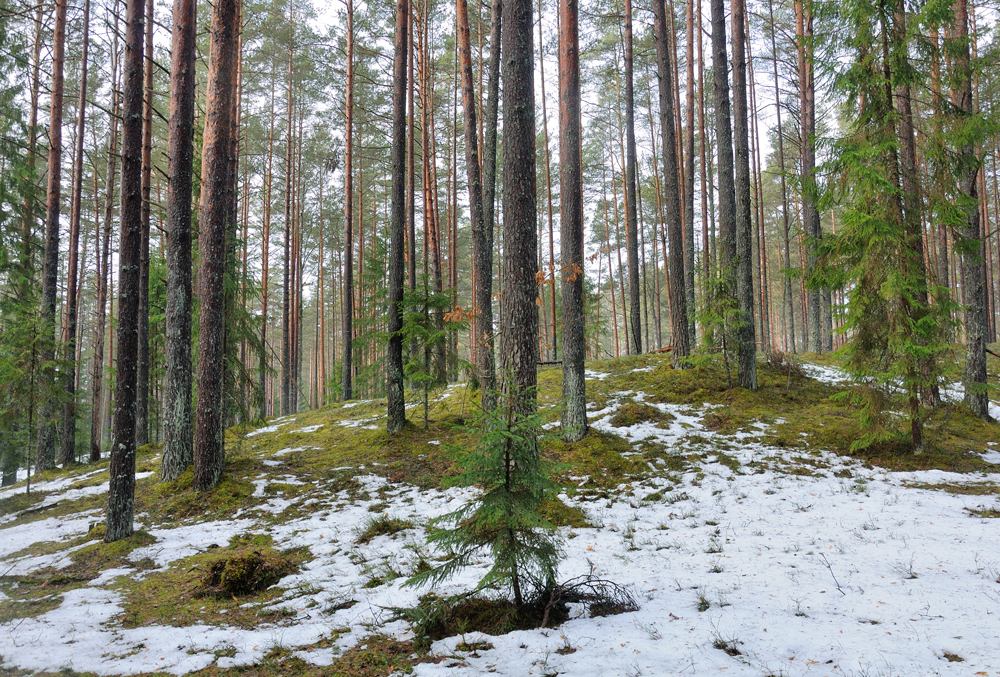
There is a lot of water in the flooded thickets of alder forests and on open floodplains, the water level in the rivers and in the swamp has risen − the period of spring floods begins.
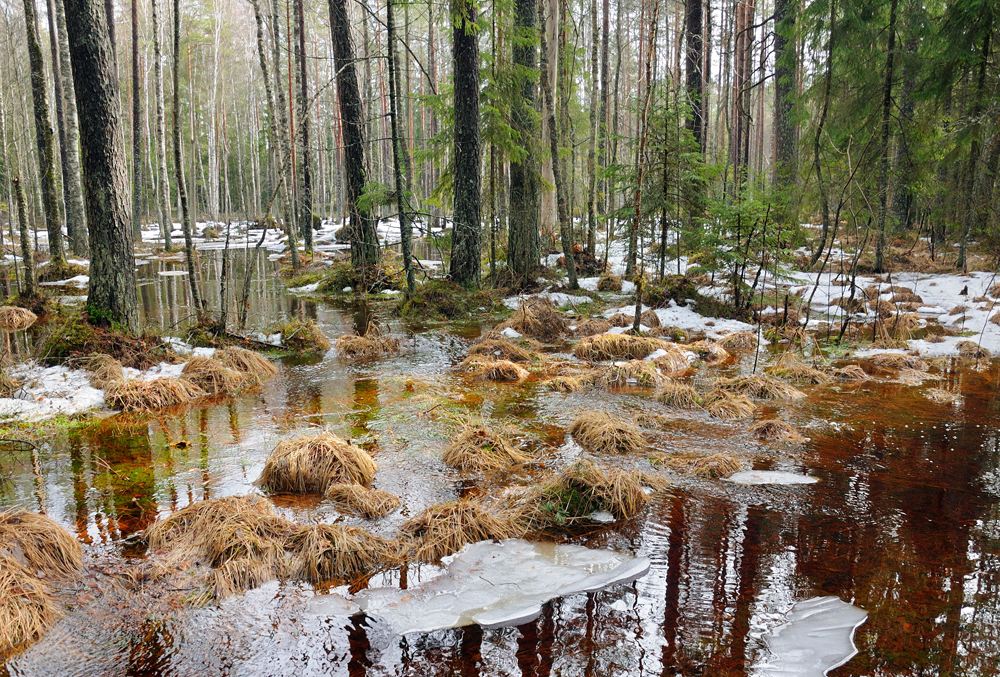
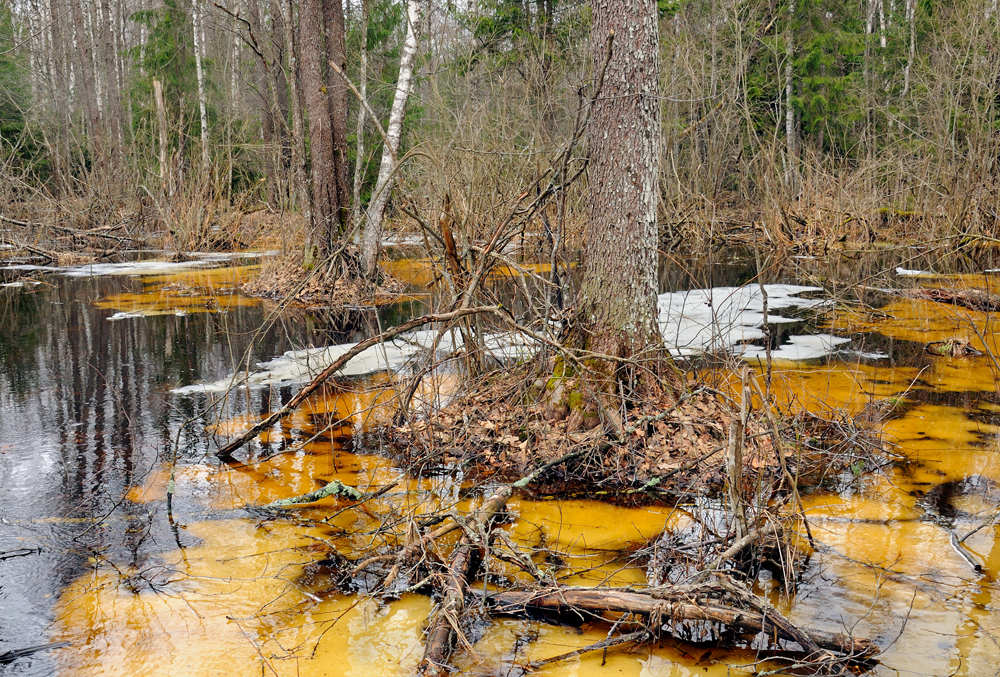
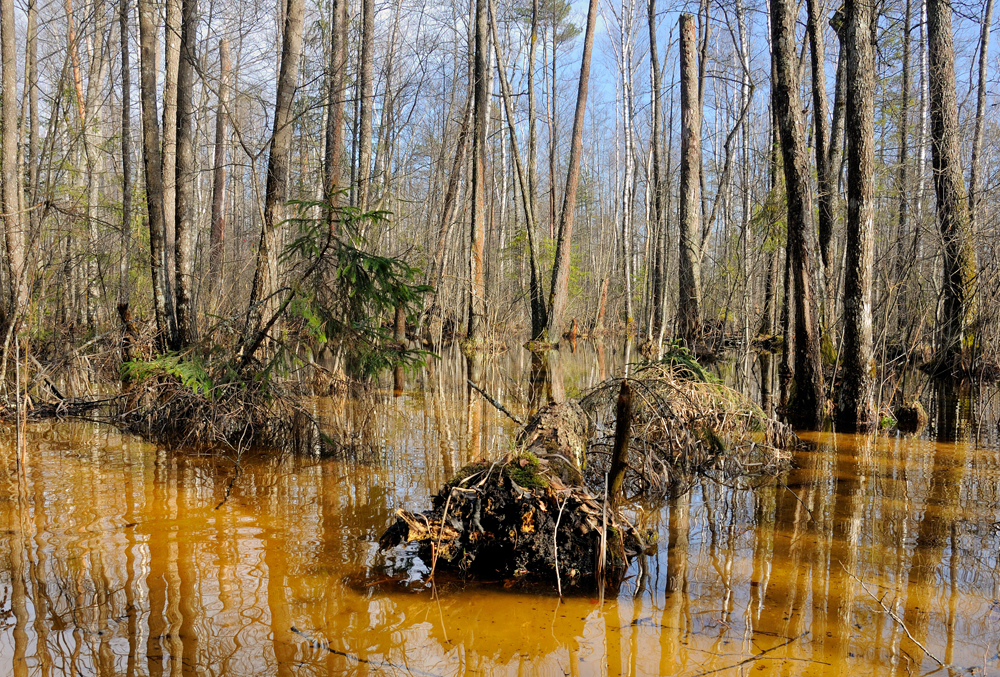
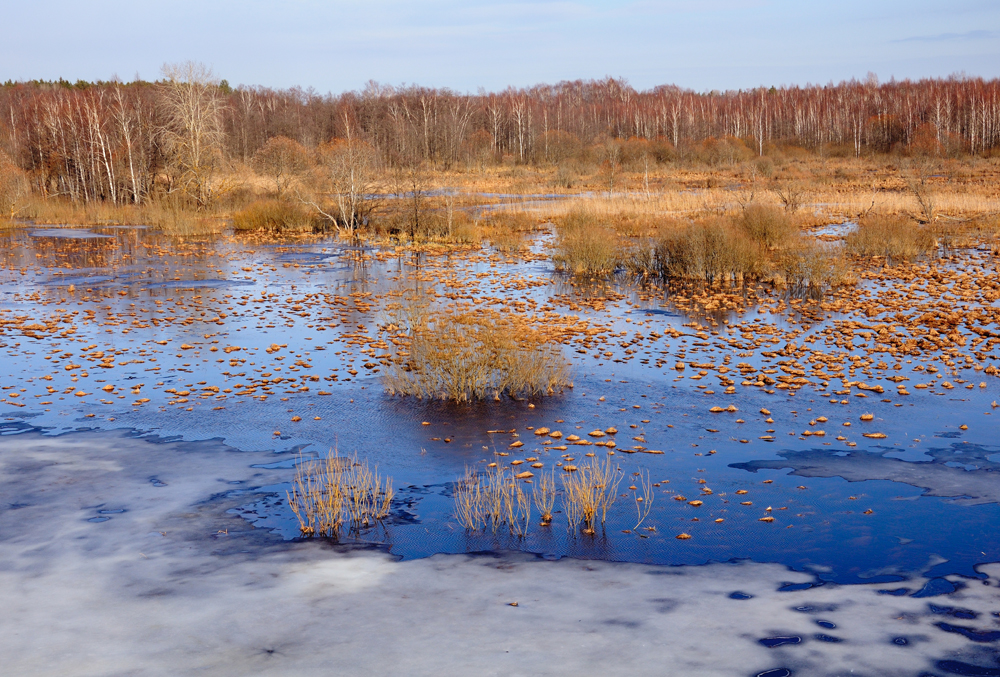
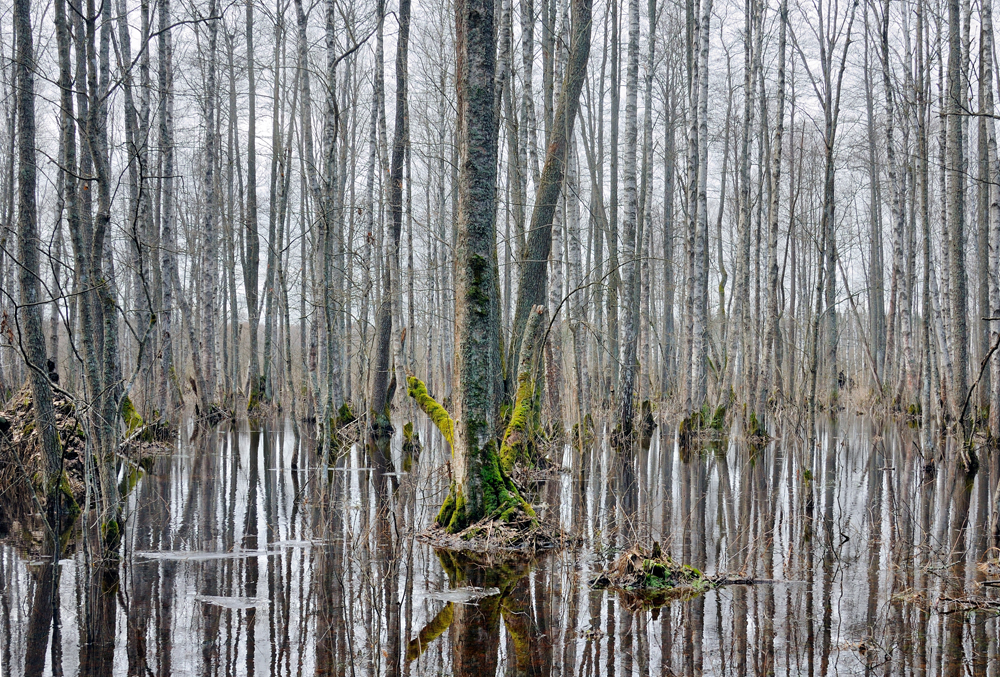
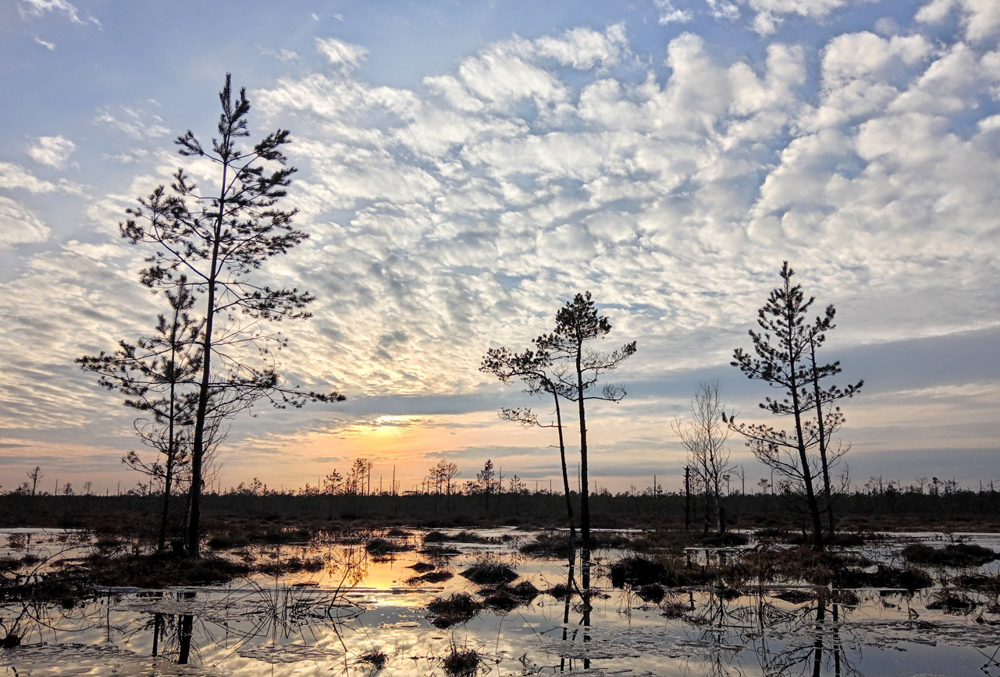
As soon as the snow has melted in open areas, the first forest “snowdrop” appears from the well-warmed by the sun damp soil − the liverwort - one of the most delicate and beautifully flowering forest primroses of the Berezinsky Biosphere Reserve. The early flowering of gray alder, hazel, and willow begins: long, loose catkins and “fluffs” in which pollen is ripening are already hanging down from the branches. These are the messengers of awakening spring and renewed nature.
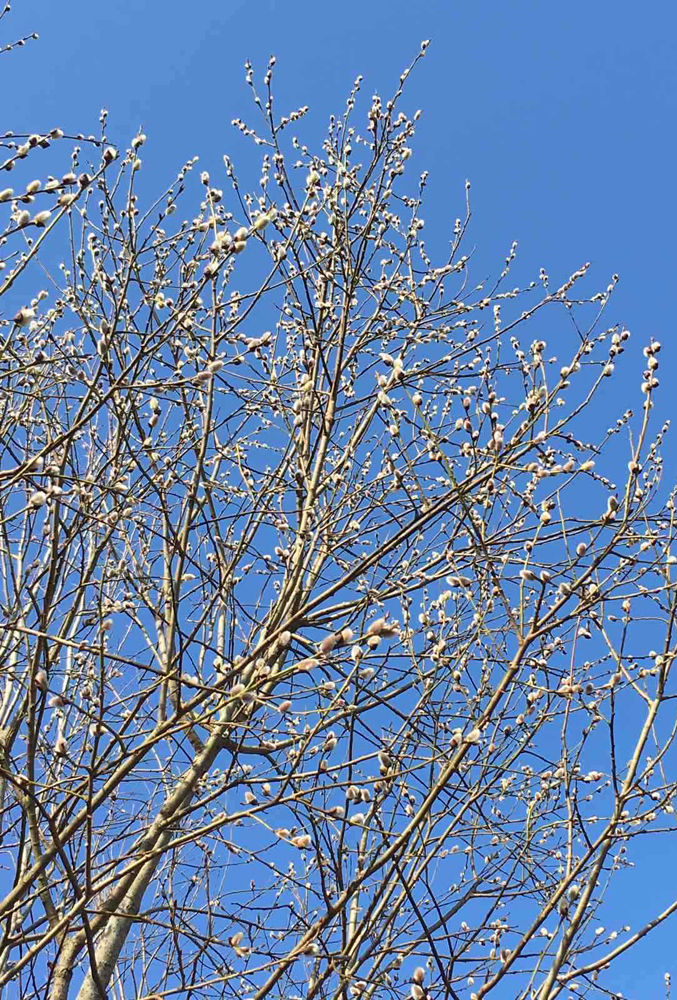
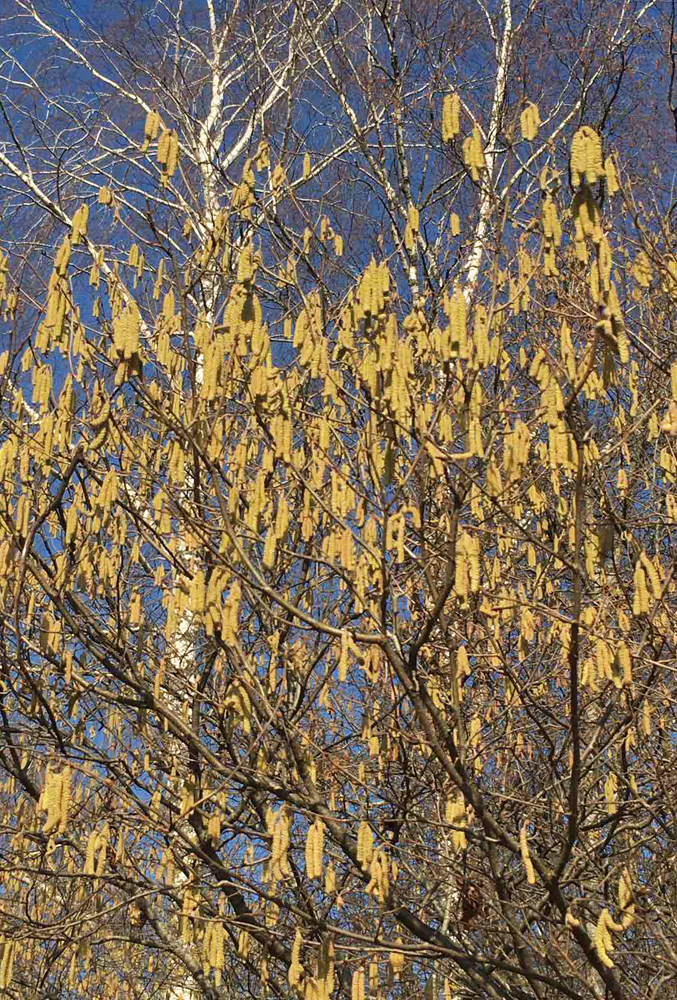
Green mosses stand out as bright spots among the modest March forest.
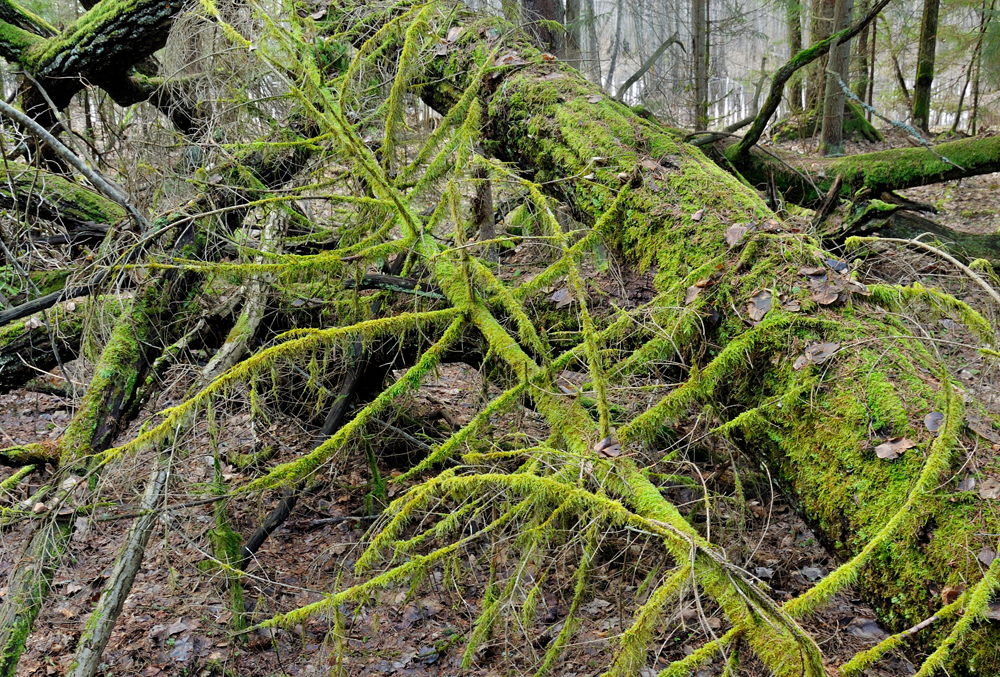
On the warm and sunny days of late February, red forest and black garden ants, soldier bugs, ladybugs, leaf beetles, pusher mosquitoes, dipterans, wolf spiders and other representatives of the invertebrate world showed activity. Already on the last day of winter, earthworms, larvae and caterpillars of some insects were active.
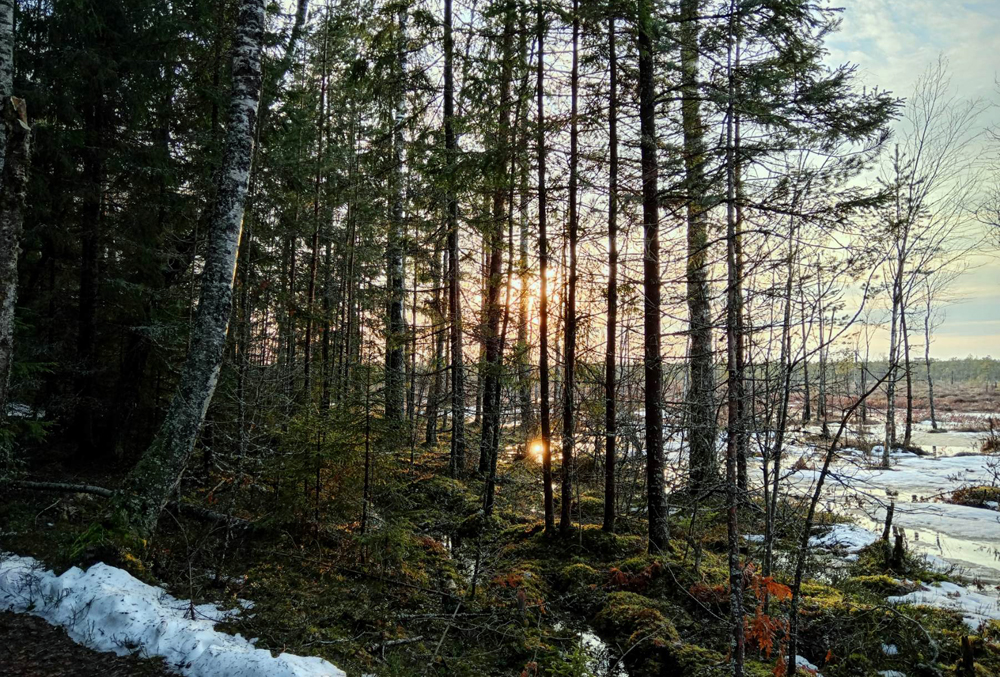
The February thaw caused brown bears to awaken early from hibernation, as evidenced by the prints of their front and hind paws clearly visible on the snow and damp ground.
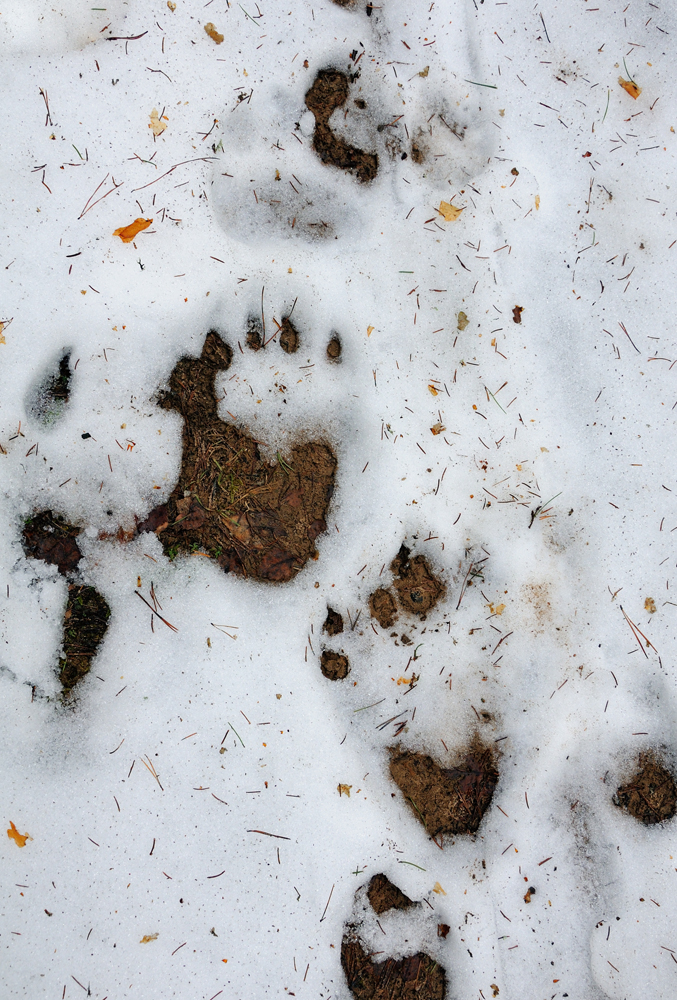
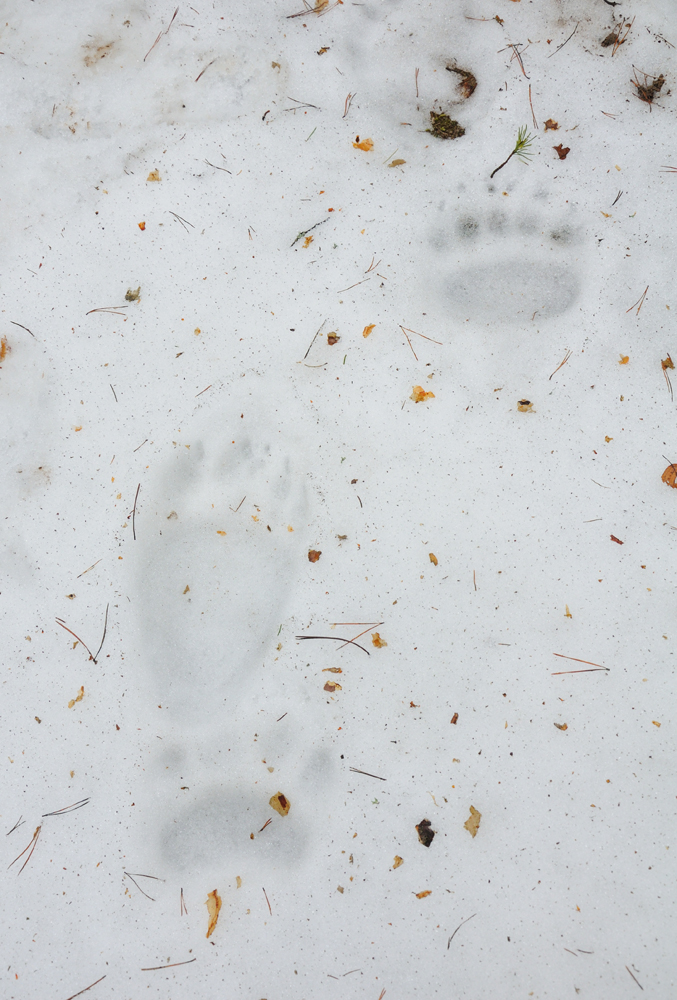
The reviving spring forest is filled with the enchanting voices of birds. The migration of the first birds began: skylarks and lapwings. The first mallards, goldeneyes, teals, bean geese, whooper swans and mute swans arrived from warm countries. The gray cranes also returned to their native swamps. Birds of prey, such as buzzards, also return from wintering grounds.
Tits and blackbirds are actively singing in the forests. The first mating calls of the white-backed woodpecker can also be heard. This is how it announces his presence, indicating to competitors that the territory is already occupied, and also attracts a partner. Woodpeckers, with their noisy behavior, are one of the first to claim the appearance of spring changes in the forest.
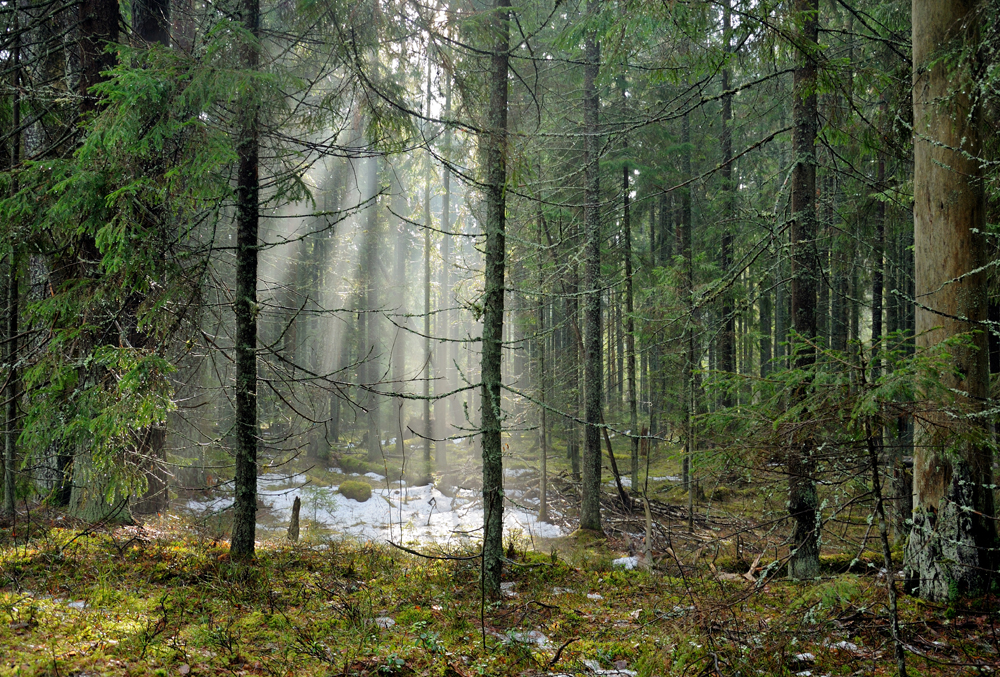
In the swamp, still covered with snow and ice, fresh traces left by wandering black grouse with its wings put down, were observed. That is a sure sign of the birds’ spring revival.
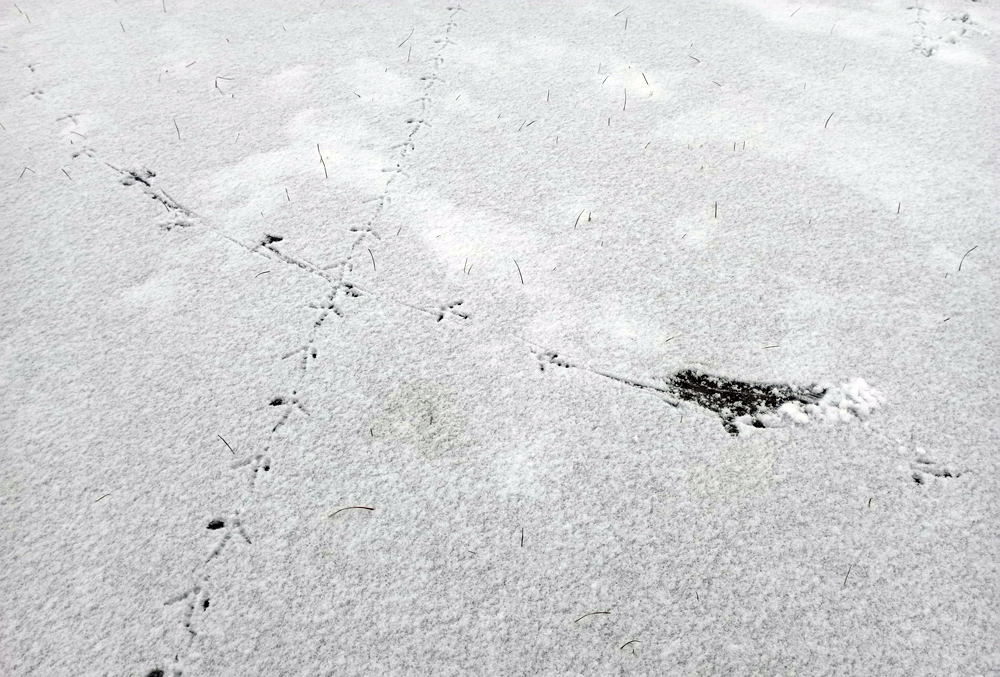
In the 20th of February, while the swamp still remained frozen, the employees from the scientific, tourism and forest protection departments checked the readiness of special hiding places for observing and photographing black grouse in the Postrezhskoye swamp.
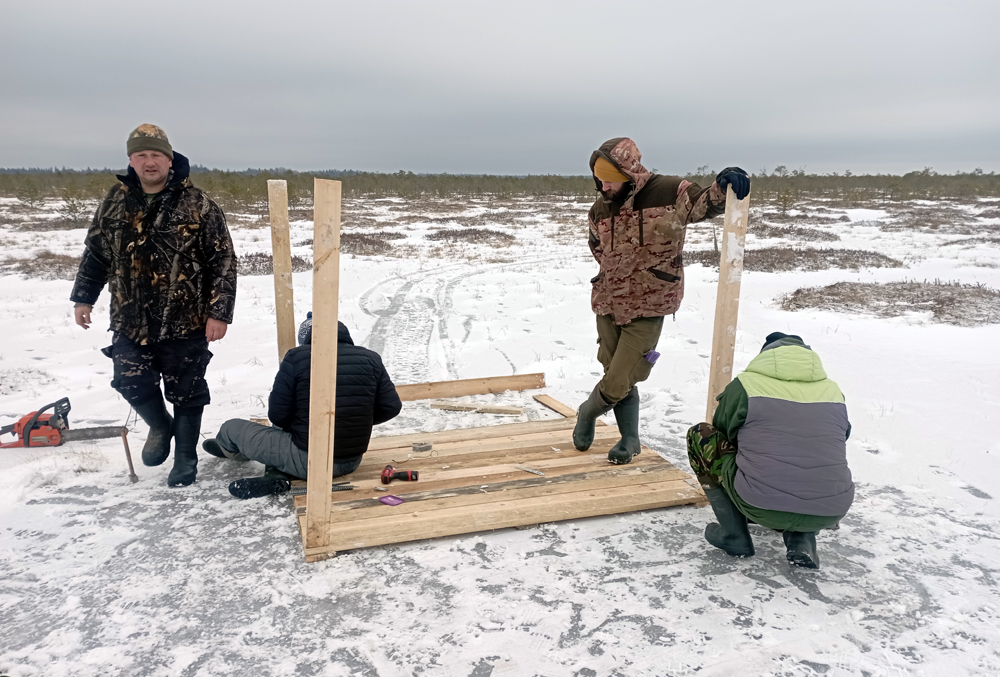
A new shelter with a capacity of up to 4 people was installed and the existing shelter for 1-2 people was repaired.
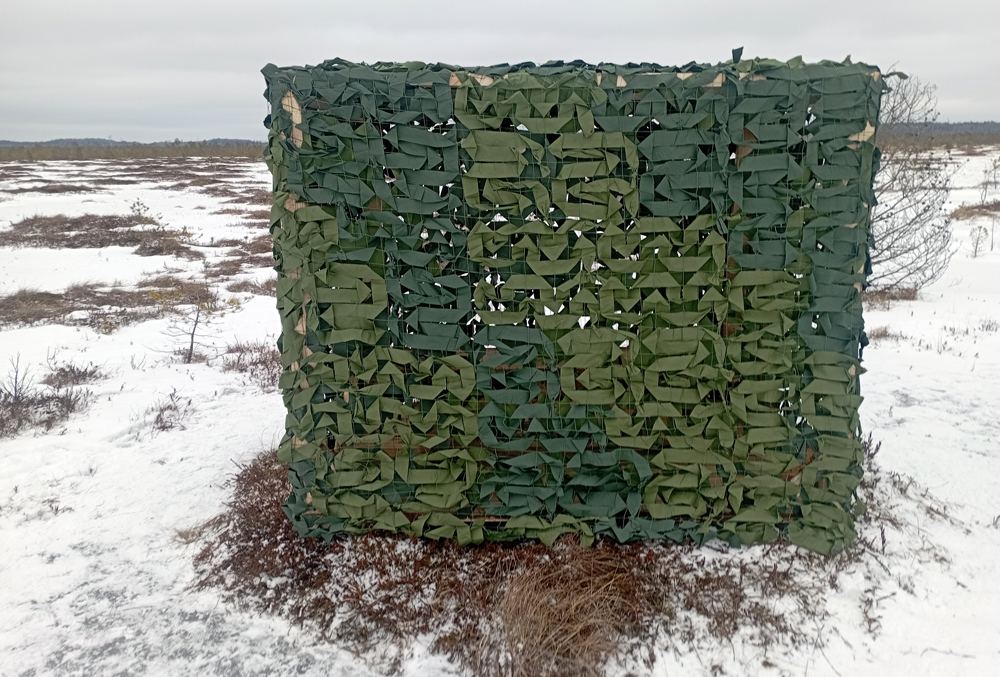
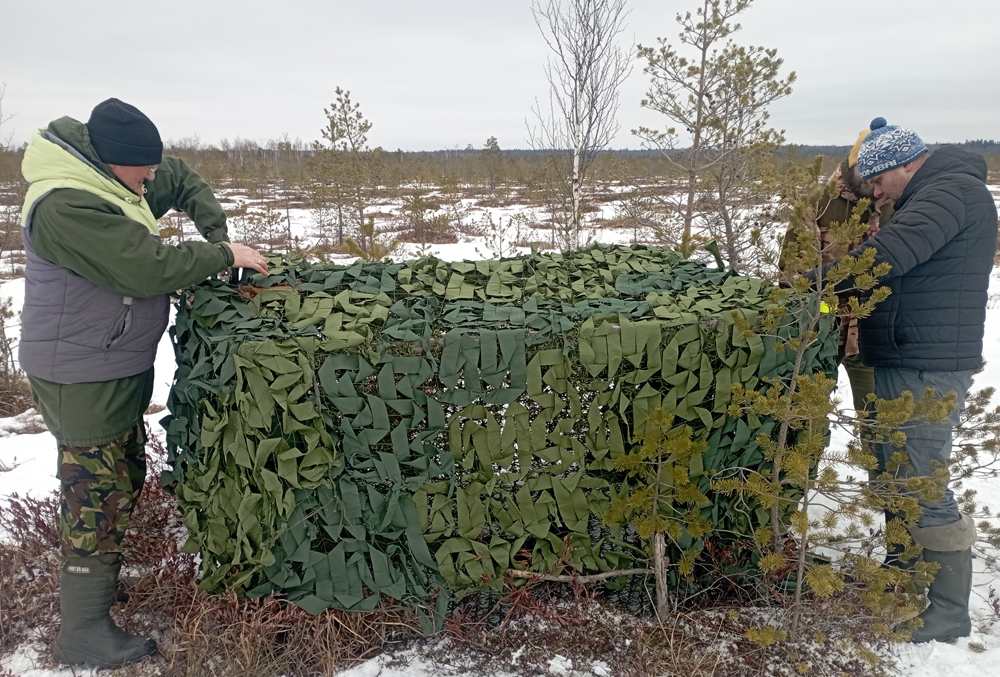
Now we can say that everything’s prepared for the new season of exclusive excursions into spring nature.
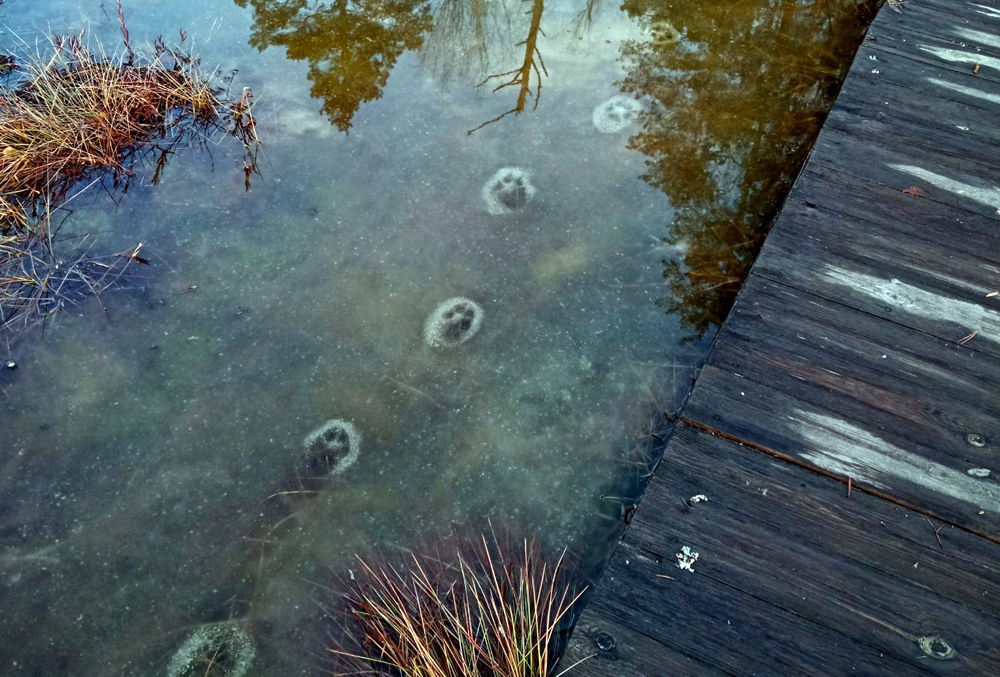
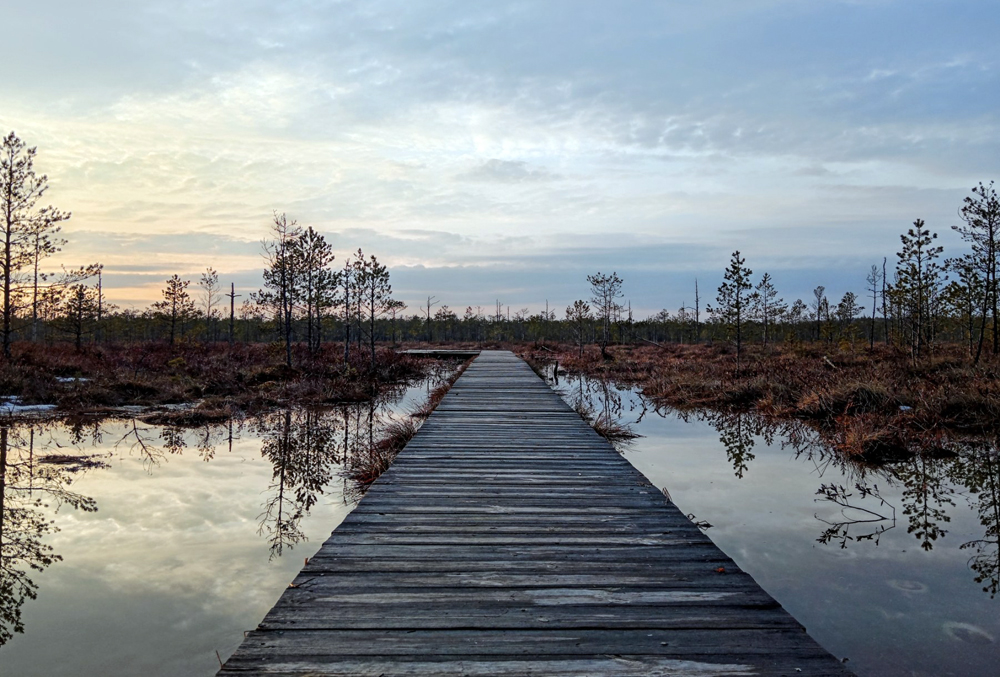
Photos by Yuri Bogutskiy, Denis Ivkovich and Kristina Malkova
